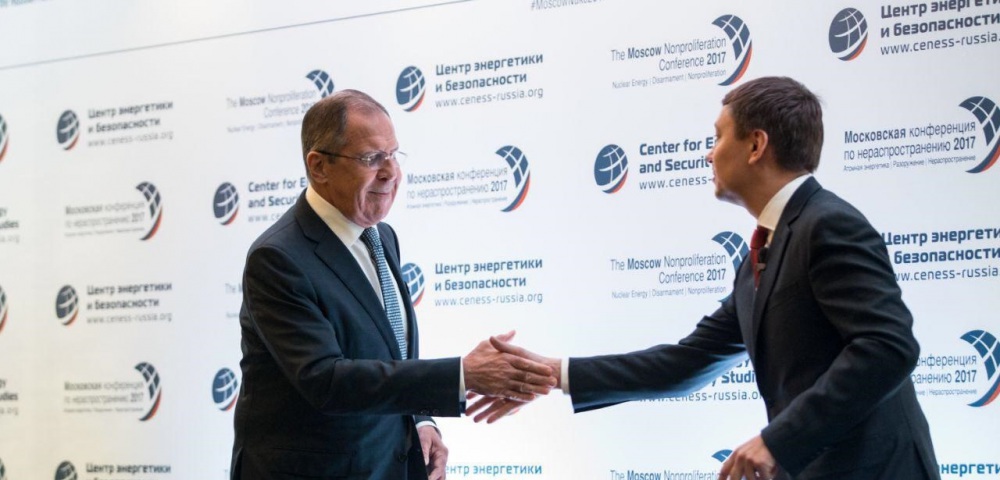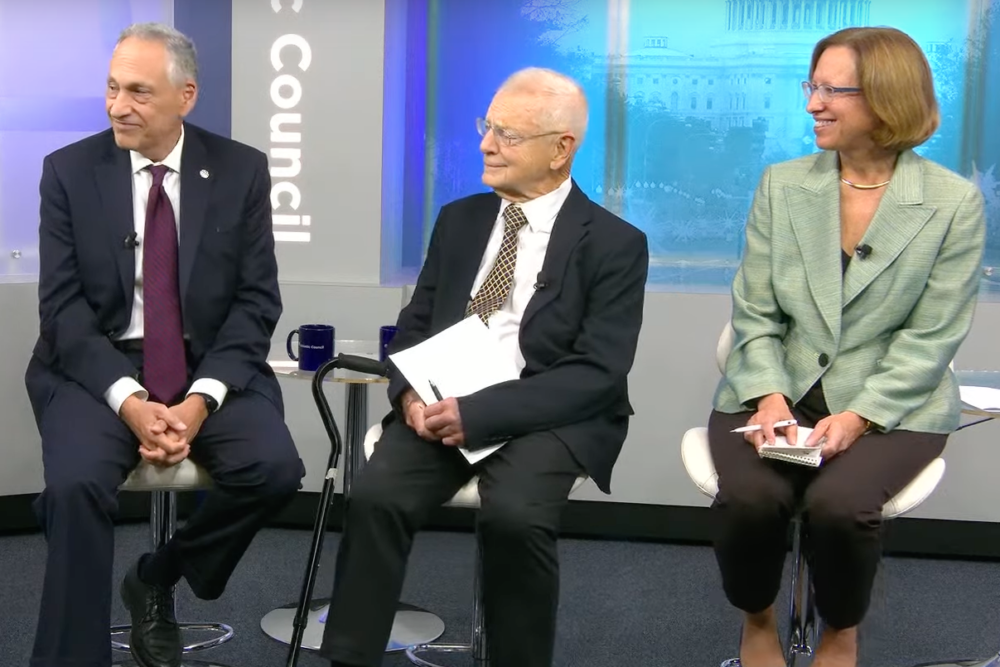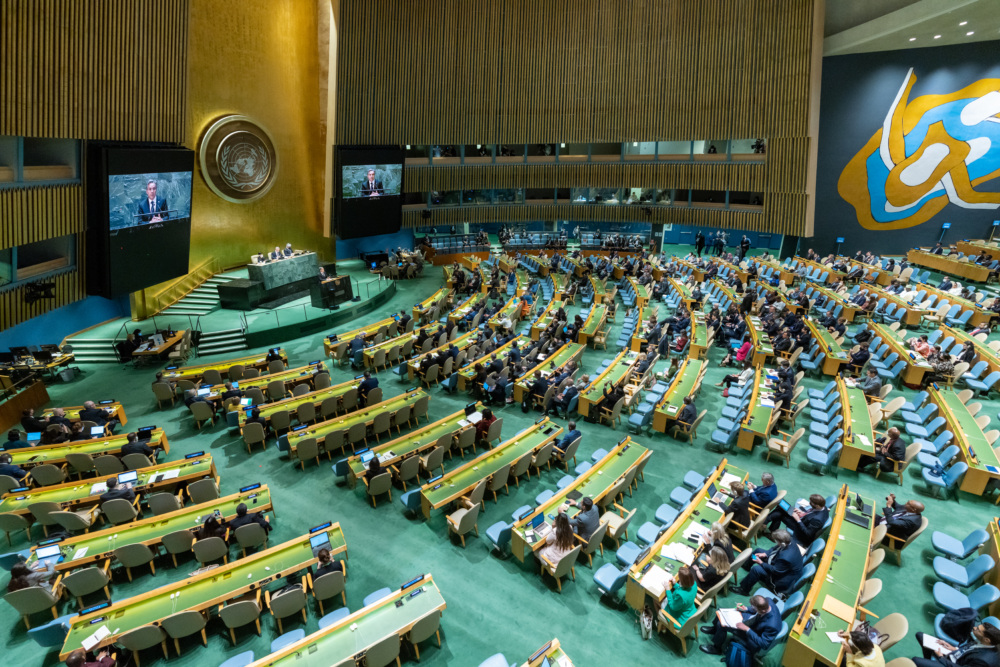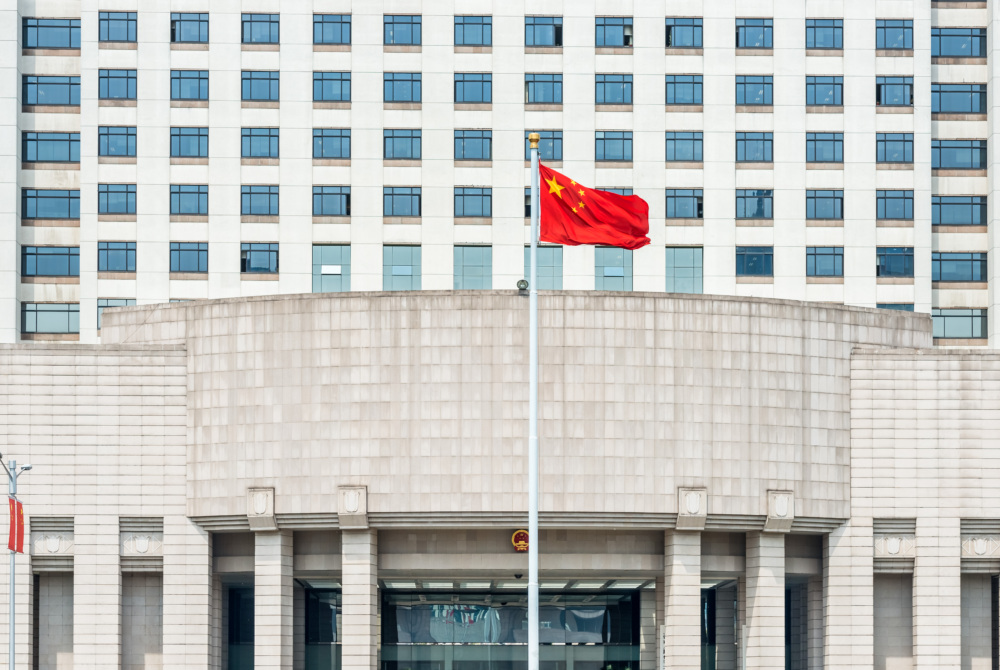
Atomic Pulse
Reflections on the 2017 Moscow Nonproliferation Conference

Earlier this month, I had the opportunity to participate in the 2017 Moscow Nonproliferation Conference, an international gathering held every three
years of experts on nonproliferation, nuclear energy, and arms control. Organized
by the Center for Energy and Security Studies (CENESS), the conference
attracted an impressive, if not eclectic, group of participants from Europe, the
United States, Russia, South Asia, China, Iran, and even North Korea (you knew when
the North Koreans walked into the room since they were followed everywhere by a
dozen journalists and photographers).
Unfortunately, there was no shortage of significant challenges to the
global nuclear order to discuss at this year’s conference. The Iran nuclear deal (formally the Joint Comprehensive Plan of Action or JCPOA) has been placed
under considerable strain thanks to President Trump’s announcement that he
would not certify Iran’s compliance with the agreement; tensions on the Korean
Peninsula continue to mount, raising the prospects of a major international
crisis; and U.S.-Russia relations remain in a deep and dangerous ditch.
On the JCPOA, every foreign policy and nonproliferation speaker at the
conference– including former U.S. Under Secretary of State Wendy Sherman,
Russia’s Deputy Foreign Minister Sergey Ryabkov, and chief of the European Union’s
diplomatic corps Helga Schmid – affirmed that Iran is in full compliance with
the agreement and that the JCPOA must be preserved. Iran’s deputy foreign
minister Abbas Araghchi warned ominously that President Trump’s recent statements
have created a very negative atmosphere, bolstering hardline voices back home –
“the situation in Tehran is now just as bad as it is in Washington.” He went on
to say that if the United States pulls out of the deal, he believed the JCPOA would
“collapse and be dismantled” even if European countries continued to support it.
All expressed hope that the U.S. Congress will refrain from taking any action
to reimpose or “snapback” sanctions on Iran’s nuclear program thereby
effectively withdrawing the US from a deal described by many at the conference
as the most significant nonproliferation achievement in 30 years.
On North Korea, participants described the situation as “exceptionally
dangerous” which has the potential to spiral out of control (former State
Department official Robert Carlin colorfully compared the situation to a rapidly
descending airplane with the air traffic controller screaming “pull up, pull
up!”). North Korean officials repeated that Pyongyang will not stop development
of its nuclear program until it achieves a “balance of power” with the United
States and is able to effectively deter an American attack against its
sovereignty. Russian, Chinese and American speakers all called for dialogue to
de-escalate the crisis and to reduce the risk of miscalculation and misjudgment.
Most expressed skepticism that sanctions and threats will yield any change in
behavior by Pyongyang.
On U.S.-Russian relations, Russian Foreign Minister Sergey Lavrov
expressed hope that relations between the world’s two largest nuclear powers
will improve but noted his view that the latest round of Russian sanctions
imposed by Congress this summer have created a serious setback to normalization
of relations. Lavrov did shed light on several positive developments, notably
the launch of a dialogue on strategic stability between U.S. Deputy Secretary
of State Thomas Shannon and Russian Deputy Foreign Minister Sergey Ryabkov. Moreover,
Rosatom Deputy Director General Nikolay Spasskiy shared his hope that the
United States and Russia will return to a “comprehensive” and “balanced”
partnership on nuclear issues which includes engagement on both nuclear energy
as well as nuclear safety and security (the latter two issues he described as
having “vital” importance to the Russian Federation but ones that cannot be
delinked from broader nuclear engagement with the United States). Ambassador Spasskiy’s comments came just a
day after Russian President Putin’s speech to the Valdai Club which delved into
the history of U.S.-Russian nuclear security engagement and described past
engagement as largely unilateral and unidirectional. That is why, as Senator Sam Nunn and Senator Richard Lugar wrote in January 2014, if Washington and
Moscow are able to return to nuclear security engagement, future cooperation “need not
be dominated by unilateral U.S. assistance. We need a new approach — a real
nuclear security partnership guided by the principles of reciprocity and mutual
interest, to which both countries contribute their own funding and technical
resources.”
Many other important topics were discussed and debated at this year’s
conference, including the impact of sanctions on nonproliferation, prospects
for a successful 2020 NPT review conference, and perspectives on the recently
negotiated Treaty on the Prohibition of Nuclear Weapons. The organizers of the
conference should be commended for organizing an exceptionally timely
discussion involving experts one rarely finds at similar conferences held in
the United States (I’m referring here to inclusion of North Korean and Iranian
participants). I found it invaluable to hear these perspectives, even if I
found myself strongly disagreeing with them.
It’s worth concluding with a note on the symbolic backdrop to this
conference: This month marks the 100th anniversary of the October
revolution of 1917 and the 55th anniversary of the Cuban Missile Crisis, two events which no doubt had transformative effects on the global
order. This October, as tensions rise on the Korean Peninsula, as U.S.-Russian
relations continue to worsen, and as the Iranian nuclear deal teeters on the
brink, let’s hope that we manage to avoid any new similarly transformative
events.
Stay Informed
Sign up for our newsletter to get the latest on nuclear and biological threats.
More on Atomic Pulse

NTI’s Lynn Rusten on the Costly and Potentially Destabilizing Recommendations in the 2023 Strategic Posture Commission Report
Lynn Rusten, vice president of NTI’s Global Nuclear Policy Program, shares her reaction to the 2023 Strategic Posture Report during a panel event at the Atlantic Council.

The 2023 NPT PrepCom: An Opportunity to Capitalize on Common Ground
As officials prepare to meet in Vienna for the 2023 PrepCom, they should consider some of the key themes that have emerged from NTI’s Global Enterprise to Strengthen Non-Proliferation and Disarmament.

China’s Nuclear Expansion and Implications for U.S. and Global Security
Amid uncertainty around China’s expanding nuclear program and silence from Beijing about the intent behind the build-up, a new report offers details about China’s nuclear program that suggest significant implications for U.S. and global security.
